In the summer of 1951, amidst the cobblestone streets and sun-drenched piazzas of Florence, Italy, an iconic photograph was born. “American Girl in Italy,” captured by the talented photojournalist Ruth Orkin, not only immortalized a fleeting moment in time but also became a symbol of post-war wanderlust and burgeoning female independence.
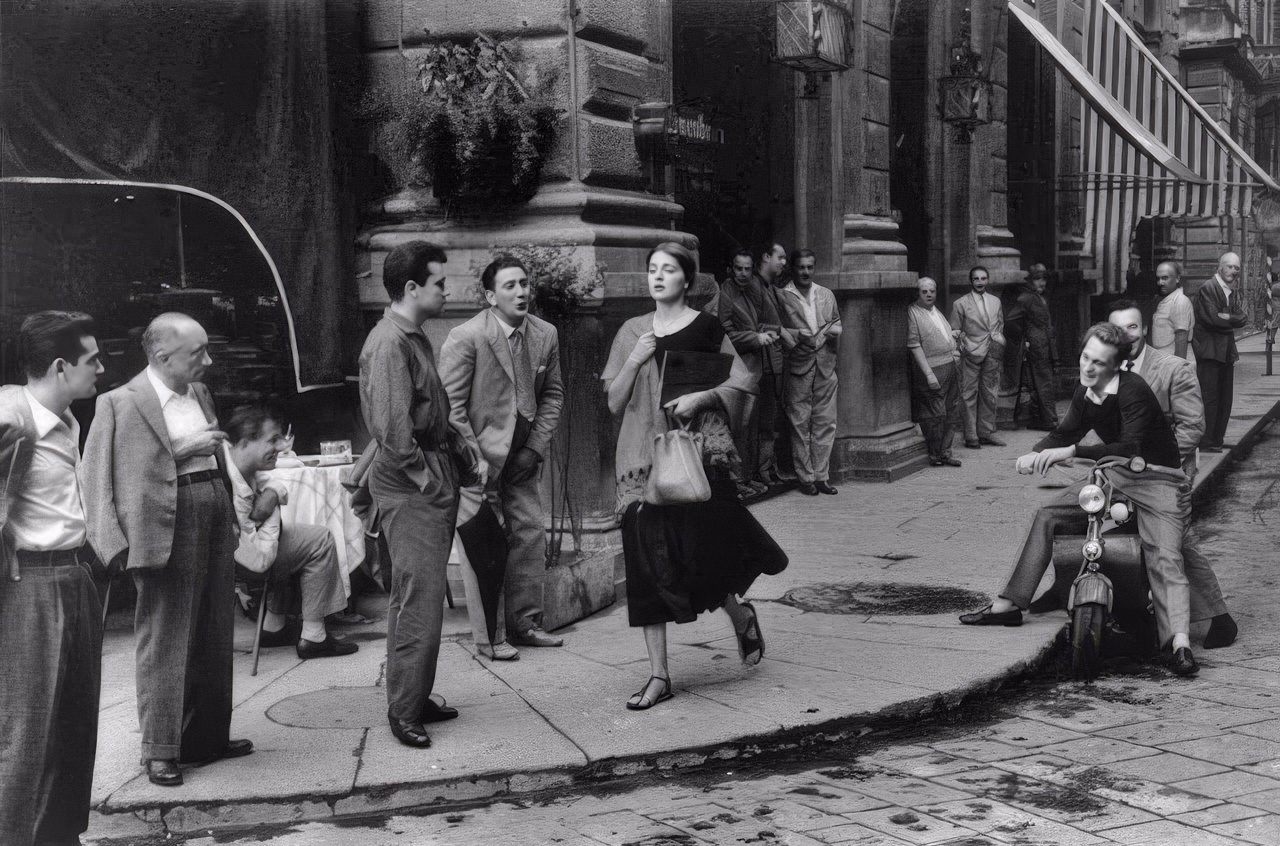
Ruth Orkin
Ruth Orkin, a budding photographer with a keen eye for capturing human stories, had already made a name for herself in the world of photojournalism. Her work, marked by its authenticity and emotional depth, graced the pages of renowned publications like LIFE magazine. With a camera as her trusted companion, Orkin embarked on a journey through Europe, documenting the people, places, and cultures she encountered.

A Chance Encounter in Florence
In Florence, Orkin crossed paths with Ninalee Craig, a young American woman traveling solo through Europe. Their shared passion for adventure and exploration sparked a friendship, leading to a collaborative photo project that would forever change their lives.



Orkin and Craig set out to capture the essence of a woman traveling alone in a foreign land. They strolled through bustling markets, visited historic landmarks, and soaked in the vibrant atmosphere of Italian life. Orkin’s lens captured Craig’s interactions with locals, her moments of quiet reflection, and the challenges and joys of solo travel.
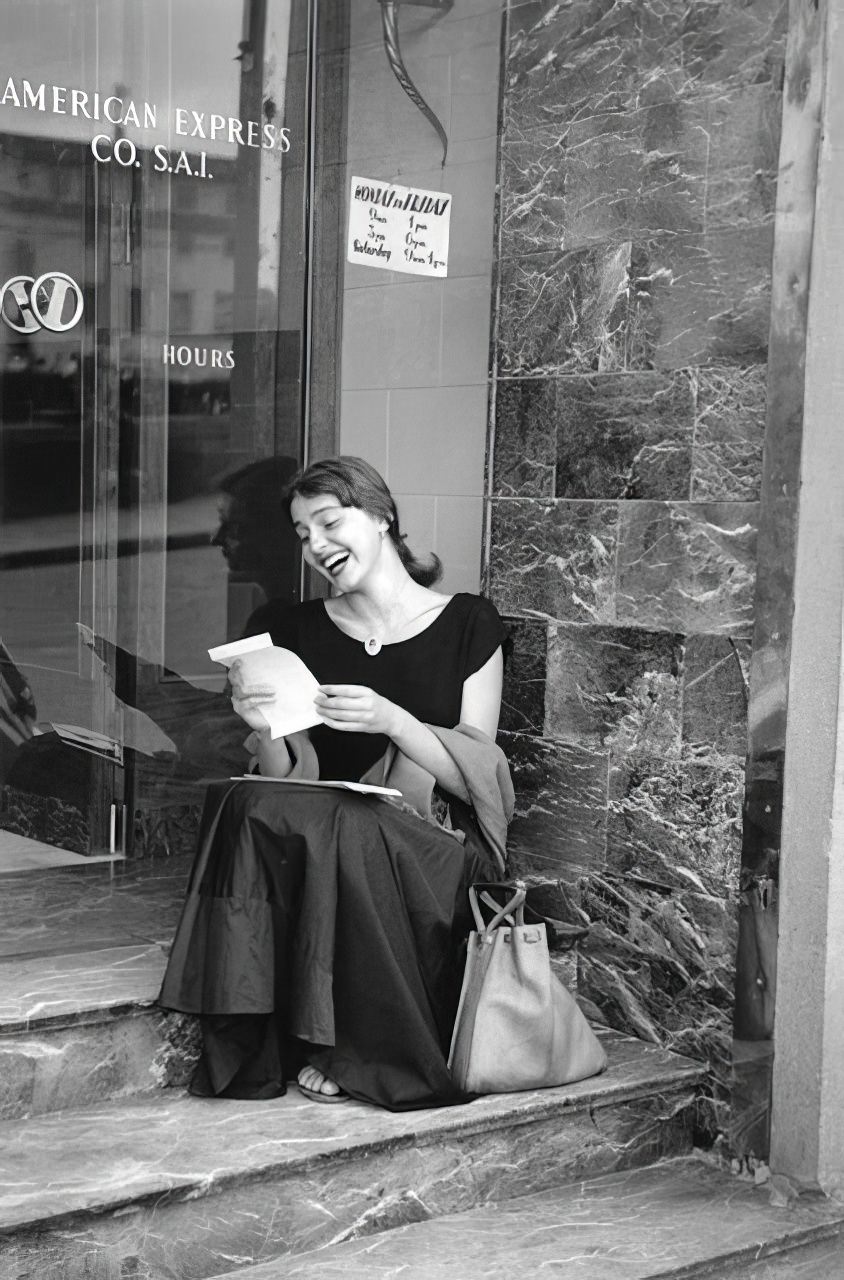
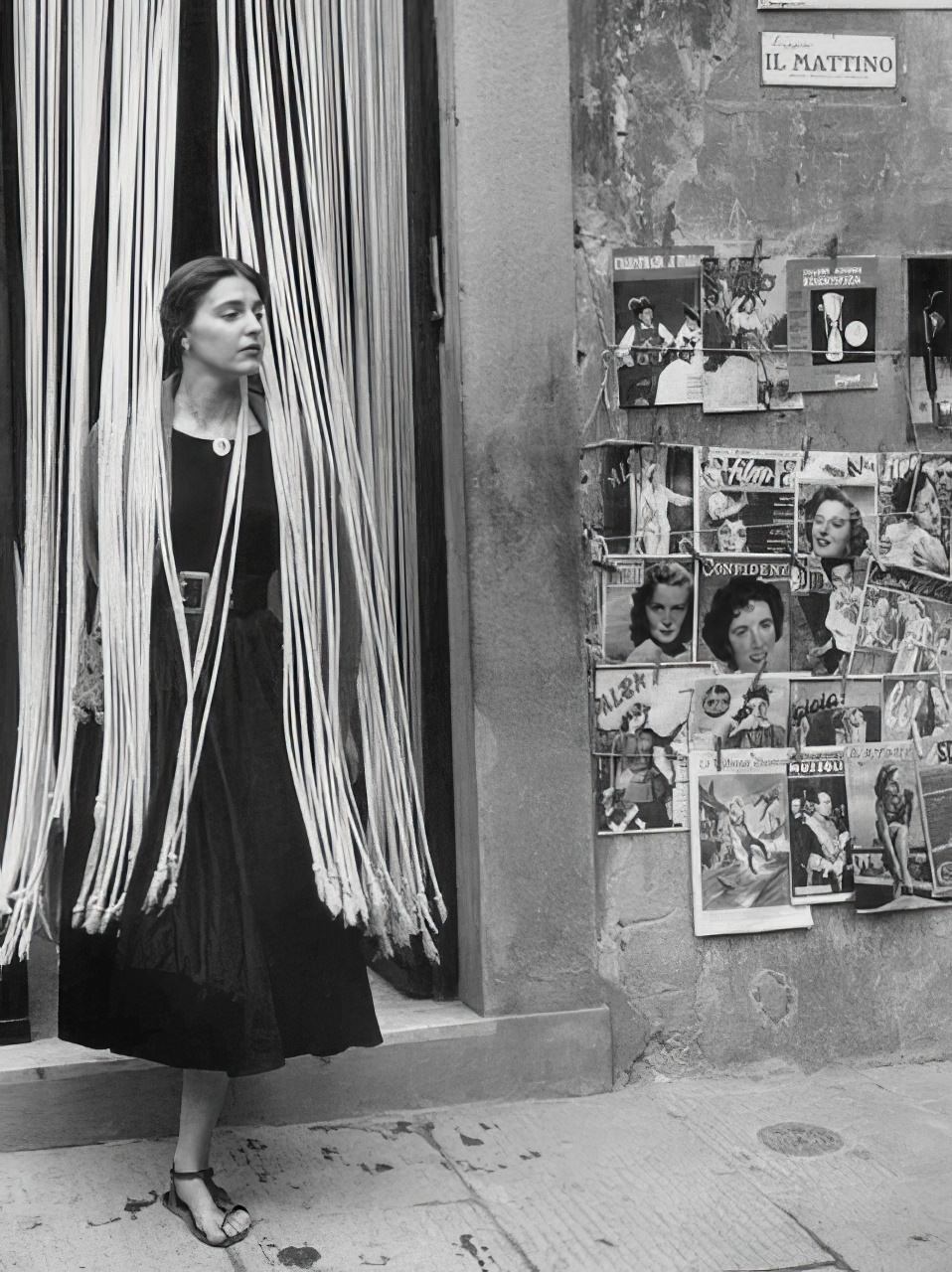

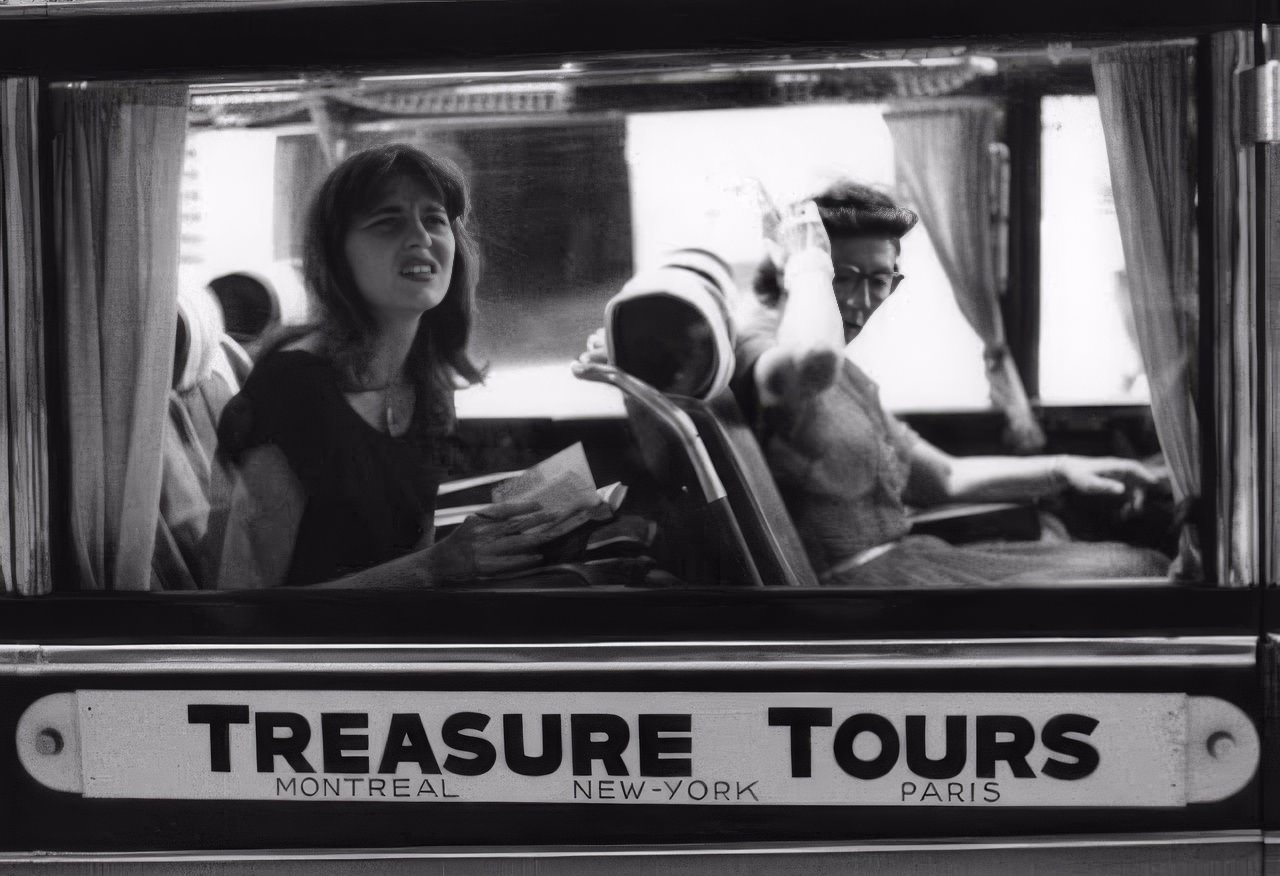
One afternoon, as Craig walked down a narrow street, a group of Italian men turned their heads and catcalled. Orkin, witnessing this scene, quickly raised her camera and snapped a photograph that would become legendary. The image, titled “American Girl in Italy,” shows Craig walking confidently, her head held high, seemingly oblivious to the unwanted attention.

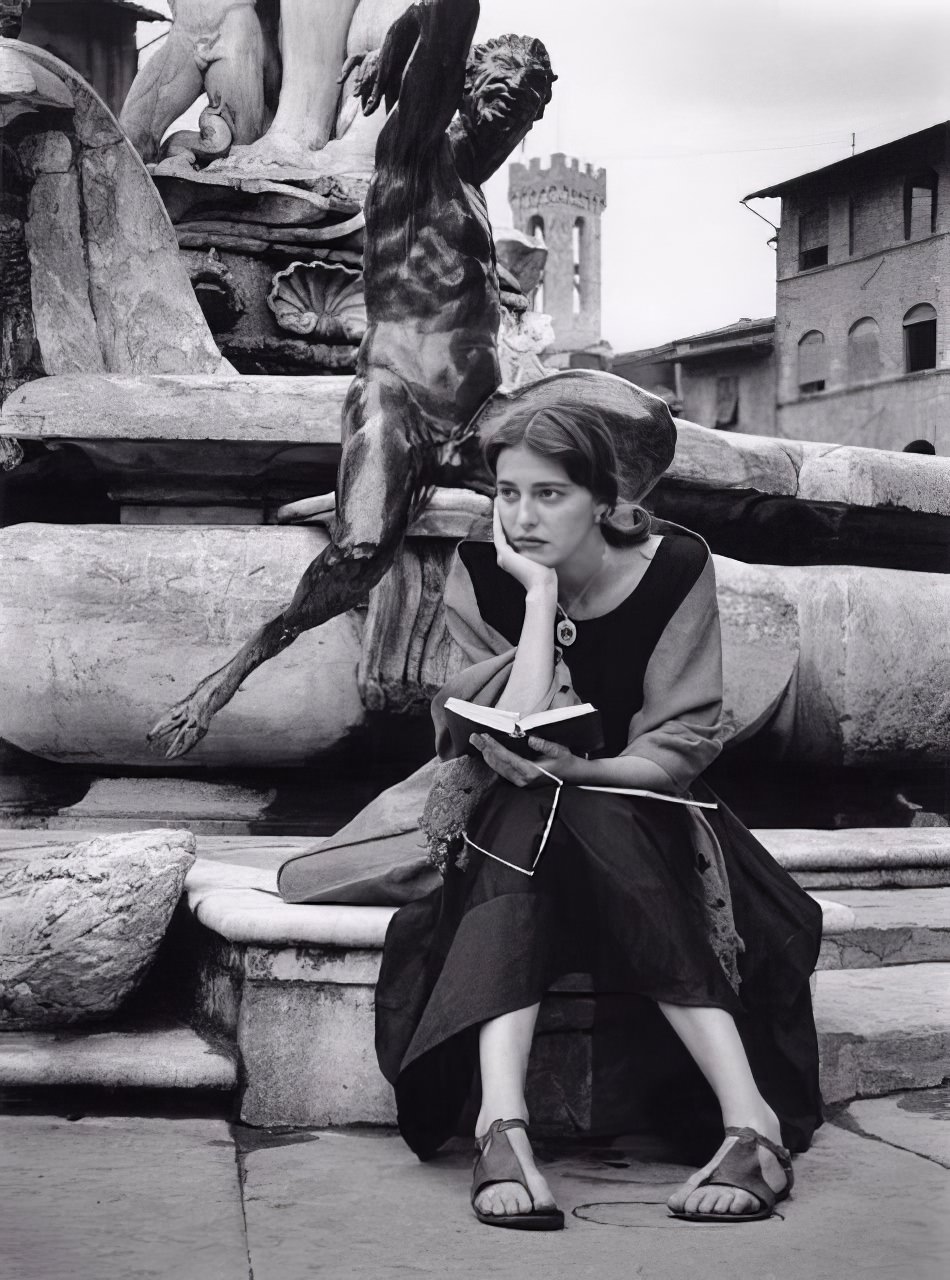
“American Girl in Italy” quickly resonated with viewers around the world. It captured the spirit of a new generation of women who were venturing out on their own, defying societal expectations, and embracing their independence. The photograph became a symbol of female empowerment, a reminder that women could navigate the world on their own terms, even in the face of unwanted advances.


